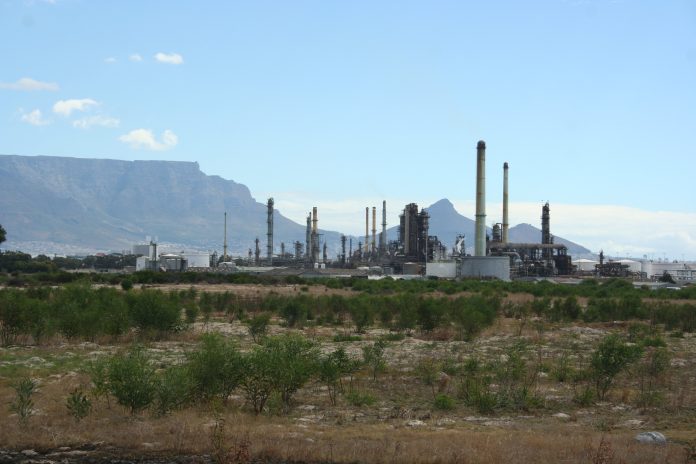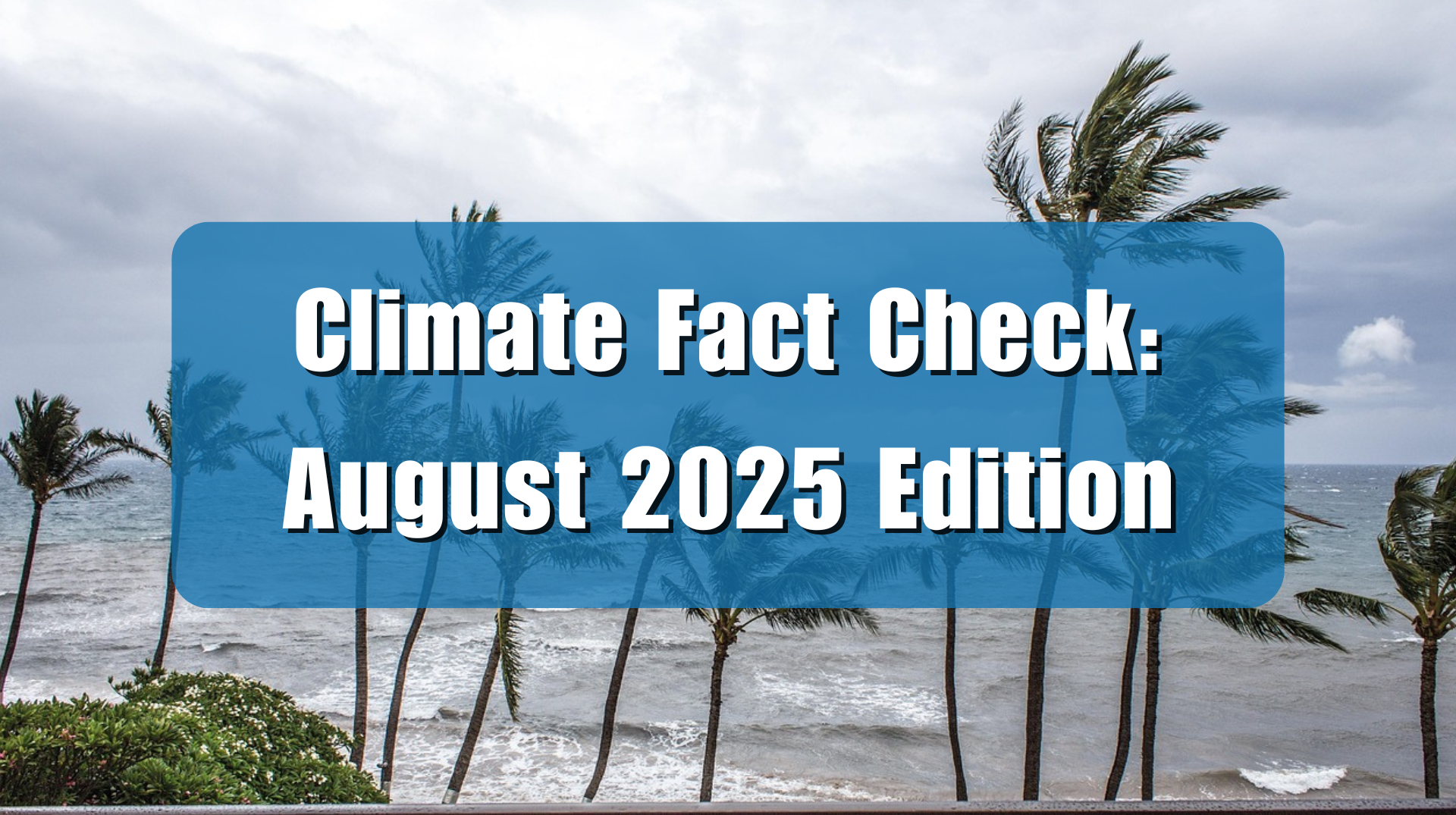The media and representatives at 2022’s U.N. Climate Change Conference (COP27) claimed that various nations of Africa, often suffering from extreme weather, are desperate for climate change initiatives like de-carbonizing by banning fossil fuel use, and so-called sustainable investing. This is not entirely true. Recent news about upcoming African oil exploration and drilling projects makes it clear that, despite the bluster at COP27, Africa is actively developing fossil fuels.
A recent RigZone article, “African Upstream Revival And 26 Drilling Campaigns Set For 2023,” discusses oil and gas projects currently under development in in oil-rich Nigeria, Chad, Namibia, Zimbabwe, and South Africa.
“[2023] will see an upstream revival in Africa and the launch of several multi-well drilling campaigns across the southern and western parts of the continent,” writes RigZone.
RigZone reports that there are at least 26 new drilling campaigns starting up in Africa this year, including:
- In Zimbabwe, locations around the Cabora Bassa basin are projected to have up to 1.2 billion barrels of oil, and at least five prospective projects are under development.
- The Orange Basin in South Africa, bordering Namibia, is seeing new activity and interest, and may have at least one prospective field containing approximately 350 million barrels of oil.
- Estimates from companies already exploring Namibia’s potential oil reserves are that the country sits atop 30 billion barrels crude oil reserves, several drilling projects are set to begin there in February.
- A large operation in Chad is underway, with Savannah Energy planning to drill 12 new wells per year through 2030. Chad has about 1.5 billion barrels of proven reserves.
- Nigeria, Africa’s second largest oil producer at present, is set to open new shallow- and deep-water drilling in its reserves in 2023.
The revenues from oil and gas development are a boon for developing African nations. These projects are going ahead despite recent pushes for Environment, Social, and Governance (ESG) investing, as well as carbon credit schemes, which are aimed, in part, at stifling fossil fuel development in Africa by cutting off needed financing for projects there.
Fossil fuels are reliable, proving critical across the decades to the development and operation of modern medical facilities, safe drinking water, large scale agriculture, and more than 4000 products and amenities taken for granted daily in wealthy developed countries. As explored in Climate Realism, here, here, and here, for example, oil and gas use and revenue from its sales can help African nations minimize the impact of natural disasters and to recover from them when they occur. And modern oil and gas based fertilizers have helped African nations’ food production increase dramatically, reducing hunger and malnutrition there, as discussed here, here, and here, for instance.
Despite pressure from international agencies, foreign governments, and NGO’s, African countries appear to be going forward with new oil and gas projects, including pipeline infrastructure, to take advantage of the bounty of natural resources the continent is blessed with. This is good. RigZone is absolutely right to describe the reality of the continued desirability of oil and gas development on the ground in Africa.























